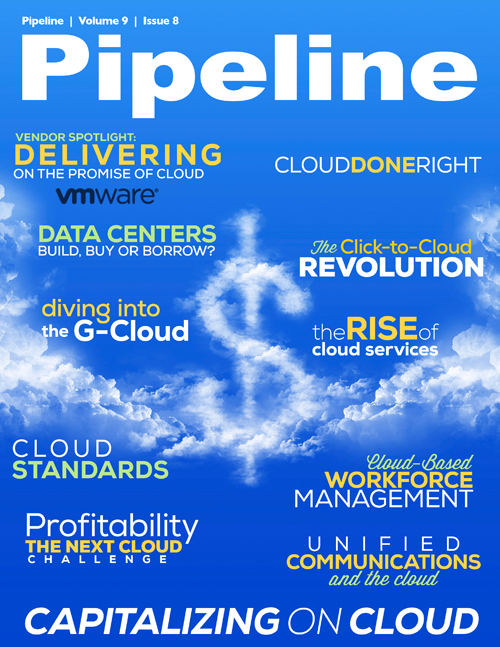Enhancing Efficiency and CEM Through Cloud-Based Mobile Field Service Management
FSM is a prime candidate for change among CSPs considering transitioning to the cloud.
In addition to supporting more flexible, predictive and powerful field-service management for enhanced customer service, cloud-based solutions deliver numerous advantages impacting the business.
Perhaps foremost among these is lower cost of ownership for enterprise cloud applications; the days of large software installs and associated expenses are in their twilight. Cloud-based solutions
in general, and FSM solutions delivered via a cloud-supported software-as-a-service (SaaS) model in particular, result in savings for several reasons:
Easy, speedy entry
Cloud-based solutions require no capital outlay for equipment and leave no physical footprint on an enterprise’s premises, yet they offer access to massive data storage and computing power, and
users can deploy them with exceptional speed. Easy entry and speed of deployment partially explain the high rate of adoption for cloud services in the Asia-Pacific region. Companies in those
emerging economies haven’t invested heavily in information technology infrastructure, but they’re turning to the cloud to level the playing field with their more established, better equipped
competitors on the world stage. Adoption of the latest mobile FSM solutions offers opportunities for midsize and regional CSPs as well as large ones seeking to test FSM capabilities for a
short-term project. With cloud-based solutions, software providers are able to distill the power and intelligence of typically enterprise solutions into an affordable, fast-to-deploy package that
brings FSM software within reach of any organization.
Simple budgeting
Similar to a utility, cloud services are priced by usage. The pay-as-you-go model turns computing from a capital expense to an operating expense, which simplifies budgeting and streamlines
purchasing decisions. This is particularly useful for organizations with large field workforces that traditionally consume many resources and are viewed as a necessary but costly aspect of good
business.
Low maintenance
Enterprises incur significant expenses updating installed software company-wide or maintaining fast, secure servers in a corporate data center. By contrast, cloud-based software updates itself
automatically, usually at no charge to users. Infrastructure-as-a-service (IaaS) and platform-as-a-service (PaaS) employ off-premises hardware, minimizing an enterprise’s need for additional IT
resources. This is a critical factor for companies with field workforces that use technology on mobile devices; with a cloud-based solution, their enterprise software is always up to date —
without requiring IT to update individual devices.
Beyond cost savings, cloud-based solutions help enterprises achieve sustainability and energy-efficiency goals. A recent report by Colorado-based Pike Research concluded that business, government
and consumer use of cloud services will reduce energy consumption and greenhouse-gas production by as much as 27 percent over the next decade.
Cloud FSM solutions augment sustainability efforts in several ways. First, by supporting enhanced mobile capabilities cloud-based FSM software can digitize the signature capture process,
eliminating unnecessary paperwork. And by harnessing the power of the cloud to produce more accurate route and schedule predictions that can be communicated directly to customers, FSM
applications result in a reduction in unnecessary truck rolls by up to 20 percent and a decrease in miles driven per appointment by as much as 40 percent.
While efficiency, customer service, cost and sustainability are all key concerns for CSPs, an FSM solution that produces results but doesn’t integrate with the many other critical CRM and BSS/OSS
systems that CSPs use daily is ineffective at best. A cloud-based solution offers easier integration with multiple systems for greater flexibility, is built for use by multiple customers in
multiple industries, and makes it easy to streamline operations to include both in-house and outsourced field representatives.



















